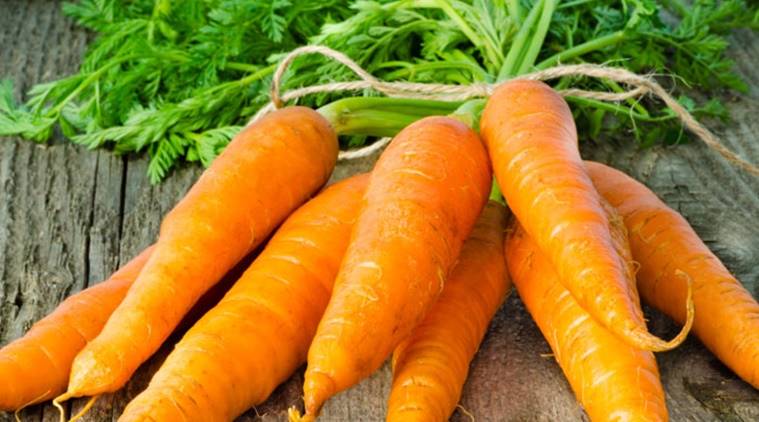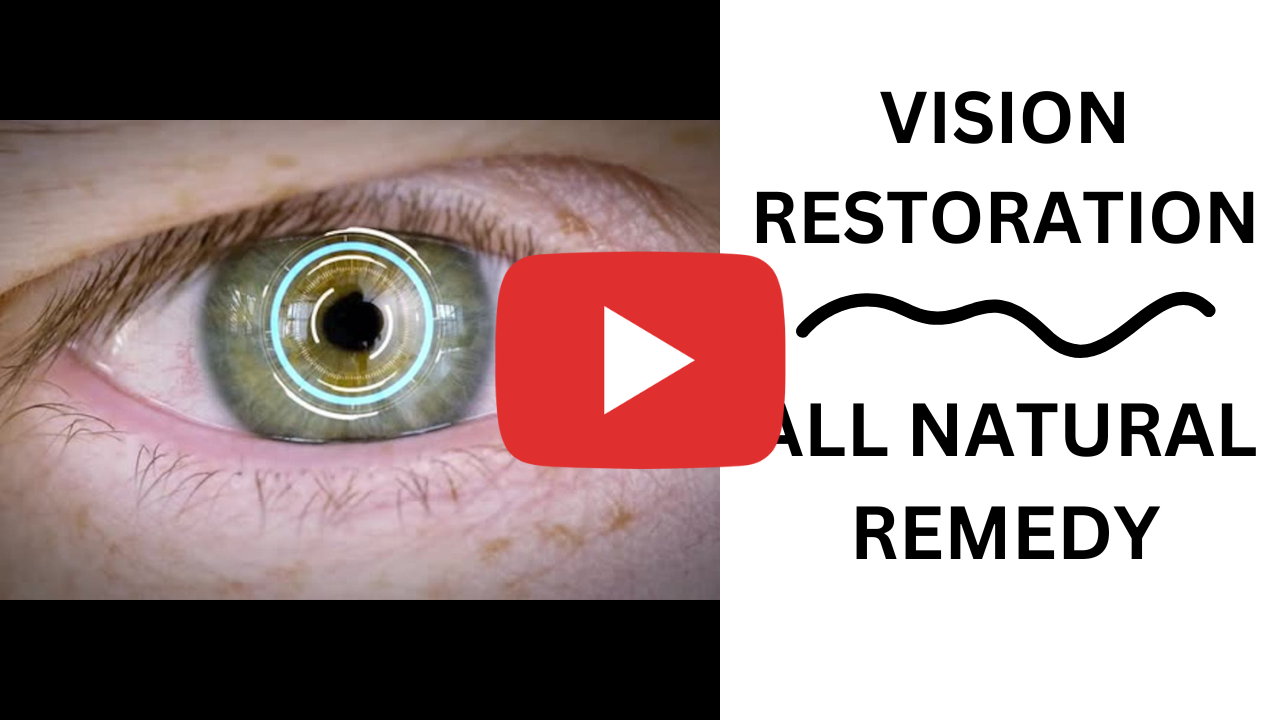Do Carrots Help Your Eyesight?

So, do carrots help your eyesight? Carrots have several components that are great for your eyes. These include Vitamin A, Beta-carotene, Carbohydrates, and Antioxidants. If you eat a lot of carrots, you might find your night vision improves. However, eating carrots is not enough to make your eyesight improve.
Beta-carotene
Carrots are rich in beta-carotene, a pigment that helps your eyesight. However, if you eat too many carrots, they can turn your skin orange. This is an unfortunate side effect, but it is one you should not be concerned about. This is because the beta-carotene in carrots is not converted into Vitamin A. The body's natural defenses will protect your eyes from toxins and excessive amounts of Vitamin A.
In addition to its benefits for eyesight, beta-carotene can also protect the cornea from infection. It builds a protective barrier between the cornea and the mucous membranes of your eye, preventing eye infections and dryness. It is also thought that beta-carotene can reduce the symptoms of retinitis pigmentosa, an eye disorder that gradually destroys your retina.
Vitamin A
Carrots contain beta carotene and lutein, compounds that are beneficial to your eyesight. These compounds help protect your eyes from damage caused by free radicals. These free radicals are linked to eye disease and chronic illness. When your eyes are not receiving enough vitamin A, you may suffer from night blindness.
Vitamin A is essential for the formation of rhodopsin, a reddish-purple pigment that is necessary for low-light vision. A lack of this vitamin can cause a person to experience night blindness, a condition called nyctalopia. In severe cases, the condition can lead to blindness. Though eating carrots can improve your night vision, it will not cure your eye problems.
Carbohydrates
It is possible that carbohydrates may help your eyesight. Researchers from the Nurses' Health Study looked at dietary data of 417 middle-aged women for nine years. They found a correlation between carbohydrate intake and the risk of developing cataracts. This relationship did not change by the glycemic index, but increased carbohydrate intake was related to the development of cataracts.
This observational study was not a clinical trial and more research is needed to determine if dietary patterns are associated with this association. However, early findings suggest that low-carbohydrate plant-based diets may help protect your vision.
Antioxidants
Carrots and other green leafy vegetables contain antioxidants lutein and zeaxanthin, two compounds that protect your eyes and improve your eyesight. These compounds help protect your retina by filtering high-energy wavelengths of light. These compounds are particularly helpful for improving night vision and protecting your eyes against macular degeneration. These compounds can also protect your eyes from cataracts. Having a healthy diet with plenty of these foods is a good habit for your eyes.
Carrots have been shown to help your eyesight by lowering your levels of free radicals. The antioxidants in carrots help protect the retina from damage by free radicals. This helps prevent age-related macular degeneration, a progressive condition that destroys central vision.
Night vision
Carrots are a great source of vitamin A, which is crucial for good eyesight. This vitamin helps the eye convert light into a signal that is then transmitted to the brain. This signal helps you see in the dark. A deficiency in vitamin A can lead to night blindness.
Carrots are also an excellent source of zeaxanthin, which helps prevent night blindness. This vitamin is important for night vision and is found in a wide range of foods. A cup of sliced raw carrots contains 110% of the daily recommended allowance of vitamin A.
